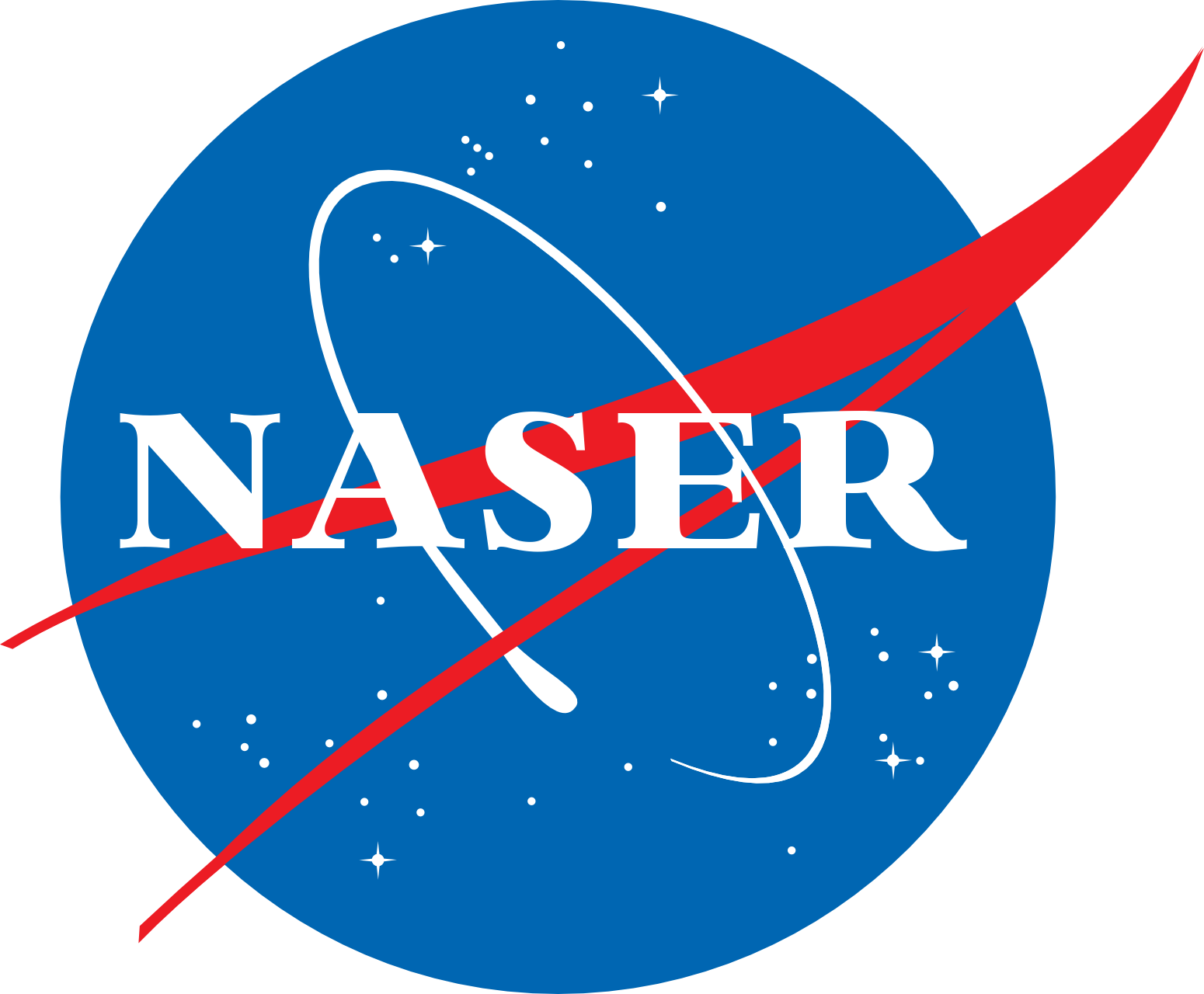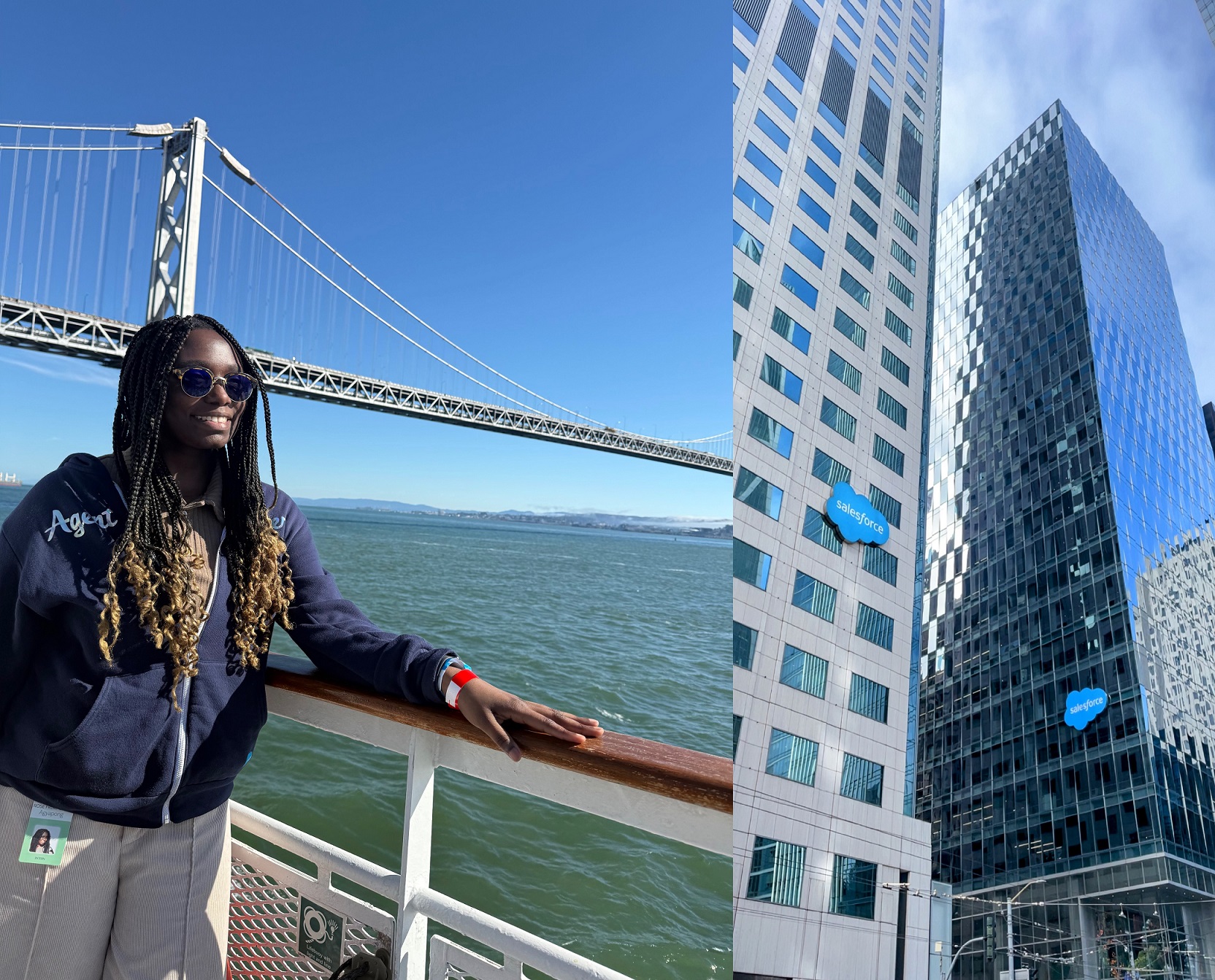Insights from Collins Kibet '22 on Data Analytics, Career Prep, and the Job Hunt
Written on November 24th, 2024 by Naser
Photo by ben o’bro on Unsplash.
This post is part of a spotlight series highlighting the work of exceptional students and alumni. The series aims to facilitate knowledge sharing on topics such as internships, jobs, entrepreneurship, and graduate school.
Today, I have the pleasure of talking to Collins Kibet ‘22 about his experience as a Colby Alum and a data analyst at Blackstone.
Naser: Can you tell us a little about yourself?
My name is Collins Kibet. I graduated from Colby College in 2022 with a Bachelor’s degree in Computer Science and minors in Mathematics and Statistics. At Colby, I was on the Men’s Cross Country and Track team and a member of the Colby African Society and club volleyball. I live in New York City and work as a data analyst at Blackstone.
Naser: What do you do at Blackstone?
At Blackstone, I work as a data analyst in the workforce planning and analytics team. My role involves collecting, analyzing, and interpreting workforce data to help the firm make data-driven decisions about its staff. I leverage my programming and data science expertise to perform comprehensive data analyses encompassing global headcount trends, employee performance metrics, turnover rates, and key talent acquisition measures.
Naser: What’s a day in your life like?
A typical day for me involves a couple of meetings with stakeholders to connect on ongoing projects or to kickstart new projects. Our stakeholders are normally human resource business partners aligned with the various business units in the firm such as real estate, private equity, and insurance. We help them collect, analyze, and interpret workforce data about the departments they support to make data-driven decisions. After connecting with clients, the bulk of my time is then spent querying databases to collect and clean the data before performing comprehensive analytics to generate actionable insights for stakeholders. I also work on ad-hoc data requests that come in during the day in order of urgency.
Naser: What technologies do you use?
The data I analyze at Blackstone is stored in a cloud computing-based data platform called Snowflake. I write hundreds of SQL codes daily to extract data from multiple tables in Snowflake depending on the project I am working on. After extracting the data, I use the Python Data Analysis (pandas) library to further manipulate the data and begin the process of generating actionable insights for our stakeholders. Finally, my team presents the findings and insights through interactive and descriptive dashboards and visualizations built in Tableau. We also utilize advanced Excel techniques for data wrangling and generating tables for presentation to stakeholders.
Naser: How does your job align with your academic studies at Colby? Are there any courses that you found more important/helpful after you started your professional career?
I honed my technical expertise in Python and SQL at Colby while taking courses such as Data Analysis and Visualization in Python, Databases, Advanced Databases, and Operating Systems. Additionally, my statistics background has been vital in how I think about the data science process in the projects I work on. Courses like Statistical Learning in Data Science, Statistical Modeling, Probability, and Bayesian Statistics equipped me with knowledge and skills to perform advanced analytics projects such as building a model that predicts employee turnover.
Also, since I work with workforce data, I learned quickly that a technical solution doesn’t always bring you to the right solution without a holistic approach within the context of a particular group/department. My Colby liberal arts education, including courses I took outside my major and minors, has allowed me to approach problems holistically by communicating clearly with stakeholders, understanding the business context of projects, and writing good reports to my colleagues and managers.
Naser: Can you tell us about the job search and interview process? And how did you prepare for it?
My job search was certainly not a walk in the park but the process got easier with time. It took six months of submitting multiple applications and receiving rejection after rejection before I eventually secured the job at Blackstone. In the beginning, I used to only submit applications online without reaching out to recruiters or alumni which often led to rejections. However, after numerous visits to Davis Connects and attending career fairs, I began refining my job search process by cold messaging Colby alumni and recruiters on LinkedIn before I submitted my applications. I started receiving first-round interviews from a couple of companies which ultimately led to my Blackstone offer.
During the interview process, I prepared a list of the most commonly asked technical questions in Data Science, and behavioral questions which I reviewed periodically before interviews. I also joined a prep group on LinkedIn that met 3 times a week via Zoom to discuss interview questions and best practices of acing technical questions in data science interviews.
Naser: What tips would you give students interested in joining a large company in the future? You can mention any details that you like, including websites and other resources.
Spend time tailoring your resume to the industry you are applying for and if possible, to specific job descriptions. Resumes are often parsed through bots which pick up on specific language related to the role/industry before advancing candidates to the next stages.
Try to get a LinkedIn premium subscription during the initial application stages to connect directly with recruiters and alumni through email. Before applying for a role, find a recruiter in the company and let them know of your interest in a role in the company. Referrals increase your chances of securing an interview.
Elevate your resume through side projects. Use sites like Forage that offer free virtual projects with top companies like BCG that you can include in your resume. Also, include relevant projects you did in class.
Diversify your job search from top companies. I understand the desire to work at a top company early on in your career but there are also small to mid-tiered companies that are equally as prestigious, offer similar benefits, and do great work. This is especially true today as most of the top tech companies experience massive layoffs and freeze hiring.
Find a group of like-minded people to prepare for interviews with and encourage you during the entire application process. Going about job applications alone can be stressful and discouraging. Also, attend career fairs organized by Davis Connects and virtual fairs that you can find as you apply for jobs. You can strike a connection that could prove useful in the future.


